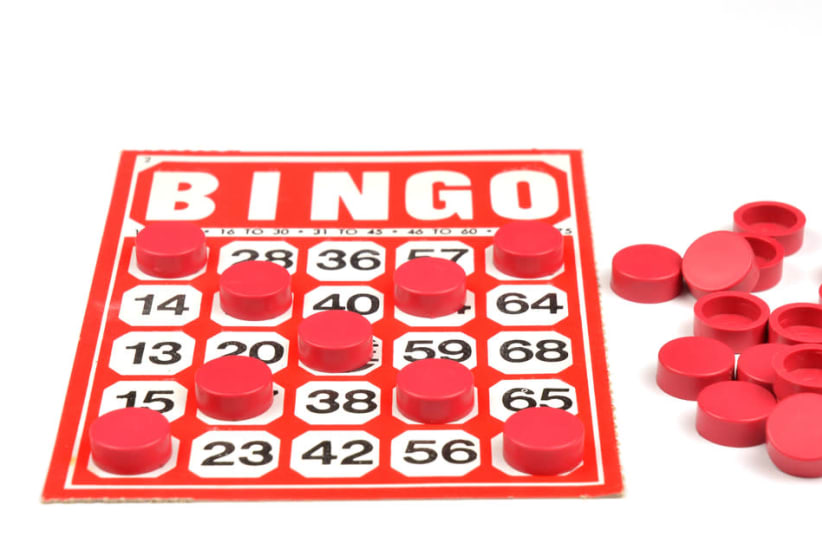Bingo has had an incredible journey as a game. From the booming 1960s through to its decline in the 90s, and the resurgence of today, it’s one of those classic games that has stood the test of time, especially in online spaces. But what’s the story of bingo, how did it unfold and what’s the next chapter for the game? The nation’s favourite gameBingo had been enjoyed throughout the early 20th century as part of charitable fundraising events. But it became one of the nation’s favourite leisure activities after 1960, when it was legalised by the gambling act. It was in these years that bingo was at its height, with more people visiting bingo halls every week than the combined overall attendance for some of the top-flight football games in England. There were fourteen million registered players across Wales, Scotland, and England by the mid-1960s, with 150,000 visiting their local bingo hall every single day. It seemed like the popularity of bingo would never wane; unfortunately, that wouldn’t be the case.
A sharp decline
Unlike the fervour of the 1960s, by the 1990s bingo had been on the decline. There were several big reasons for this. The first being the rise of cheap flight offers abroad. It might be difficult to think of the association, but cheap flights to foreign destinations made it so that less people in the UK were visiting the coastal towns and cities where bingo halls were so popular. The towns and cities were hit hard by this, alongside their entertainment venues including bingo halls.Much of the younger generation also began to think that bingo was a game for their grandparents; it just didn’t appeal to them. Even with the introduction of several tournaments, the game hadn’t changed much in almost four decades. The game wasn’t able to attract new players of a younger generation — it had become associated with old age, a hard reputation to break. The bingo halls just weren’t accessible or of great interest to them.Then there’s the competition. Back in the 1960s when bingo had hit its peak, most people didn’t have a television or if they did, they certainly didn’t get many channels. There were also some really exciting gambling opportunities out there like video games, slots, and poker rooms. Bingo, as well as bingo halls, had just lost its sparkle for many, especially when there were so many other exciting things to play.
Bingo’s big comebackBingo has made a huge comeback in recent years. The story of its revival begins around the time of the internet boom in the 1990s. While online bingo wasn’t yet popular, many savvy entrepreneurs were investing in online casinos, with games like online slots and online poker.
They could see that it was making gambling more accessible and bringing it to new, younger audiences who were tech savvy and loved gaming on their mobiles and tablets. Online gambling exploded in popularity all around the world. Many people preferred playing their favourite games online — at home or on their commutes — rather than having to leave the house and go to a land-based casino. There are also all the costs associated with having to go to the casino, such as drinks, taxis, clothing and more. By being able to play games on their phones, a wider audience was enjoying online gambling.
Not long after slots and poker began to rise in popularity, investors then turned their eyes towards bingo. During the mid-noughties, several companies launched online bingo sites and that’s when sites like 888 ladies bingo were born.
These days, almost every gambling company in the UK has its own bingo site or has ownership of an online bingo subsidiary company.
Why was online bingo so successful? Online bingo has been so successful for a multitude of reasons. The first of which is that online gambling companies have been able to replicate some of the social elements of gaming. The early critics of online casinos and online bingo halls felt that being that bingo was a social game, it would compromise what drew in those large crowds of players back in the 1960s.However, online bingo websites were able to bring in social elements of the game through chatrooms, allowing strangers and friends to talk to each other as they played. Furthermore, some of the big reasons that people play bingo is for the great feeling they get when they win. This effect remained online and attracted hundreds of thousands of new players through offers and competitions.
Another aspect that has led to the huge success of online bingo is the accessibility. Almost everyone owns a mobile phone or tablet, which have become central to how people live, work, socialise and play. The ease at which you can play bingo online attracted the attention of tech-savvy younger players who may have been put off by the old school bingo halls that were popular with their grandparents. Almost anyone from around the world can play online, which has drawn in a huge audience that have fallen in love with the game.And there’s rumours out there that virtual reality technology will become implemented as part of the online bingo experience, which will really bring the bingo halls home, for many.
